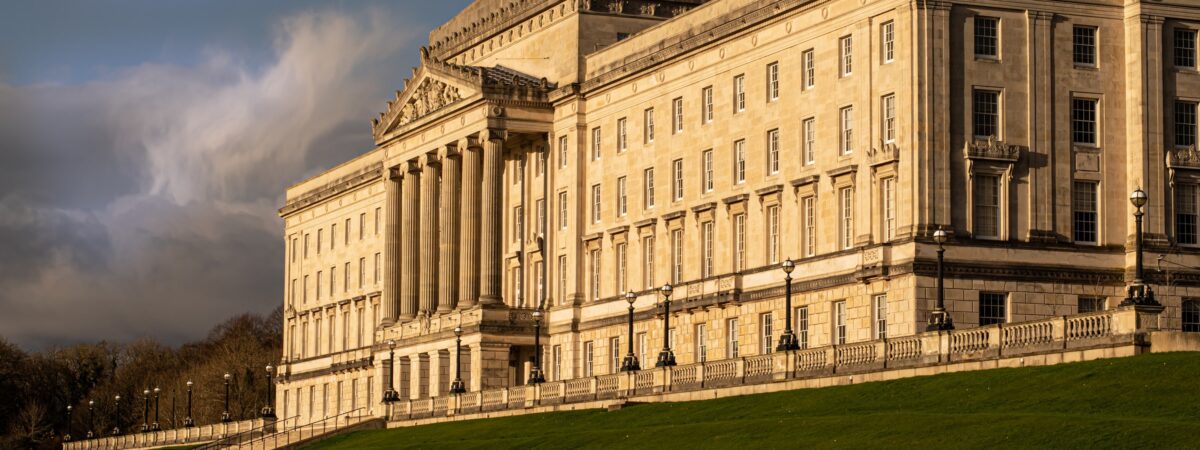
It’s a first: Michelle O’Neill, vice-president of the nationalist Sinn Fein party, has made history by becoming the first republican head of government in Northern Ireland. This election marks a major turning point for the province, long dominated by the Unionists, and recalls the decades of conflict that have marked its past.
This election therefore symbolizes a significant change, putting an end to the long period of Unionist hegemony and paving the way for a new political era in Northern Ireland.
At 47, Michelle O’Neill embodies a new political generation in Northern Ireland, which began to make a name for itself within the Sinn Féin party following the Good Friday Agreement of 1998.
A strong-willed woman, she has never concealed her republican ambitions and ideologies, but has always adopted more moderate and inclusive positions than those of Sinn Féin.
His participation in British monarchical events and his call for an inclusive debate on British and Irish identities has always demonstrated his willingness to transcend Northern Irish divides.
US President Joe Biden has hailed the resumption of institutions in Northern Ireland as an “important step” for the province’s future. This international reaction underlines the importance of this event beyond the borders of Northern Ireland… and could have a long-term impact on the future of the whole island.
For although Michelle O’Neill is considered a moderate, many experts see her election as an important step in changing attitudes in Northern Ireland. It could be the first step in a long process of island reunification.
Although it’s all speculation, there are many theories on this subject, which are as unifying as they are divisive.
However, despite continuing tensions, Michelle O’Neill’s election is being hailed as a “historic day” and a “new era” for Northern Ireland.
Under the 1998 peace agreements, Unionist Deputy First Minister Emma Little-Pengelly was also appointed, for the sake of co-governance, a feature that characterizes the political system in Northern Ireland.